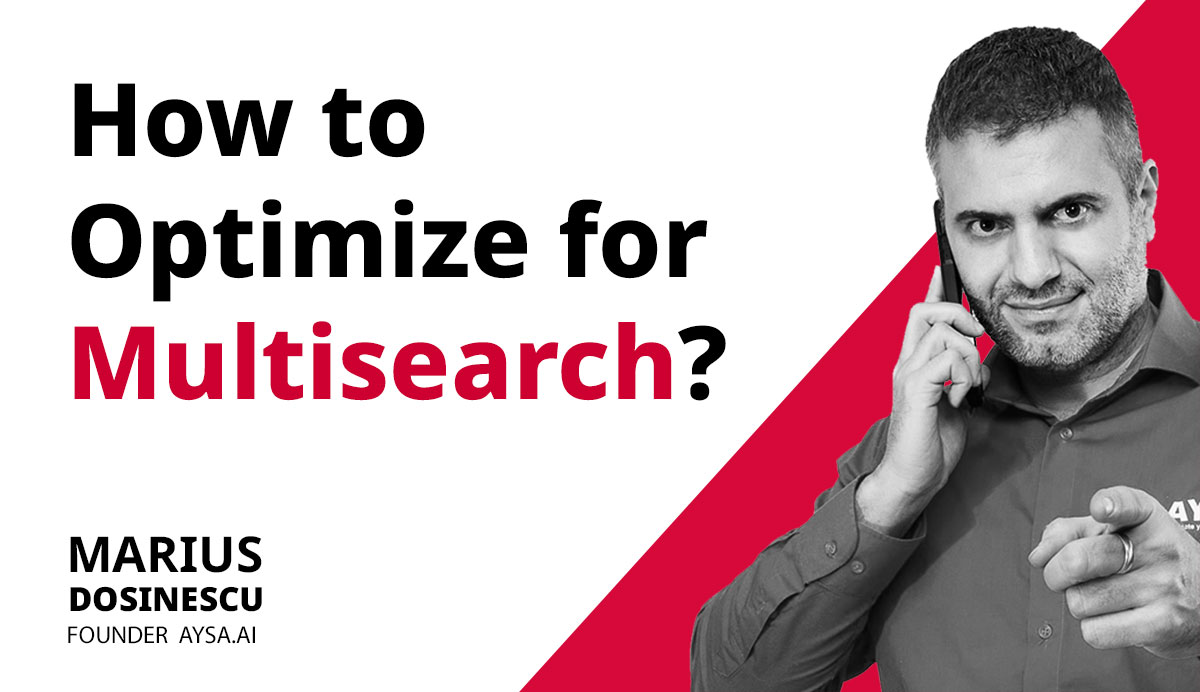There are numerous resources available to help you better understand this critical digital marketing tool.
There is a wealth of information available to help you master Google Analytics, ranging from online courses and video tutorials to blogs and books.
In this article, we’ll look at some of the best Google Analytics learning resources, as well as introduce you to AYSA.AI, an SEO automation software designed specifically for the ecommerce industry.
Google Analytics Academy
The Google Analytics Academy is an excellent place to begin learning Google Analytics.
This free online resource offers a variety of courses for users of all skill levels, from novice to advanced.
The courses are self-paced, allowing you to learn at your own pace, and they include video tutorials, quizzes, and practical exercises to help you apply what you’ve learned.
The Google Analytics Academy provides training on a variety of topics such as data analysis, measurement planning, and Google Tag Manager.
Whether you’re new to Google Analytics or looking to improve your existing skills, there’s a course for you.
YouTube
Another great resource for learning Google Analytics is YouTube.
There are numerous channels and video tutorials dedicated to this subject, with numerous experts sharing their knowledge and insights.
Google Analytics, Analytics Mania, and Loves Data are among the most popular channels.
By subscribing to these channels, you will have constant access to new content that will help you improve your skills and knowledge.
You can also search for specific topics or questions and find relevant videos to answer them.
Blogs and Books
When it comes to learning Google Analytics, blogs and books can also be useful resources.
Occam’s Razor by Avinash Kaushik and Online Metrics by Daniel Waisberg are two of the best blogs in this space.
These blogs cover a wide range of digital analytics topics, including Google Analytics.
There are numerous book options available, both in print and digital format.
“Google Analytics Breakthrough” by Feras Alhlou, “Advanced Web Metrics with Google Analytics” by Brian Clifton, and “Web Analytics 2.0” by Avinash Kaushik are some popular titles.
These books can provide detailed information on the various aspects of Google Analytics and how to effectively use it.
AYSA.AI
While there are many resources to help you learn Google Analytics, it is a complex tool that takes time and effort to master.
This is where AYSA.AI comes into play. AYSA.AI is an SEO automation software designed specifically for the ecommerce industry, with a variety of tools to assist you in improving your digital marketing efforts.
The integration of AYSA.AI with Google Analytics is one of its key features.
This enables you to monitor and analyze the performance of your website, identify areas for improvement, and make data-driven decisions about your marketing strategy.
AYSA.AI also includes automated SEO optimization, product feed management, and competitor analysis, making it a one-stop shop for ecommerce businesses.
Marius Dosinescu, a successful entrepreneur with over 23 years of experience in ecommerce and SEO, founded AYSA.AI.
With AYSA.AI, Dosinescu aims to help ecommerce businesses of all sizes improve their online presence and drive more sales.
Conclusion
Understanding Google Analytics is a must for any digital marketer or ecommerce business owner.
There is a wealth of information available to help you improve your skills and knowledge, including the Google Analytics Academy, YouTube, blogs, and books.
However, AYSA.AI is a fantastic choice if you’re looking for a comprehensive solution that includes Google Analytics and other SEO tools.
The integration of AYSA.AI with Google Analytics, as well as its other features, can help you save time and effort, allowing you to focus on other aspects of your business.
You can automate your SEO optimization and product feed management with AYSA.AI, freeing up your time to focus on other important tasks.
AYSA.AI’s competitor analysis feature can also provide you with valuable insights into your competitors’ strategies, allowing you to stay ahead of the competition.





